Back in my high school and college days, I was an athlete who excelled in track and in tennis. Maintaining a rigorous exercise program, especially at the collegiate level, was practically mandated. With several practices each week, a host of tournaments, afternoon weight training sessions and long runs, one could possibly argue that I, along with my teammates, were exercising to excess, perhaps not eating enough or not eating with proper nutrition in mind, and sometimes missing our menstrual periods. These factors should not be ignored, as they do put young, active women at risk for injuries. They may also be setting themselves up for osteoporosis, a disease that results in brittle bones that are more susceptible to breaking.
Sure, some of the gals on the tennis squad thought it was nice to not have to deal with that pesky monthly visitor, especially when white tennis skirts were the norm! Most of the gals who trained with me usually just accepted it as a normal consequence of training for the competitive world of college athletics. However, missing a period is a sign of decreased estrogen levels. With lower levels of estrogen comes the possibility of osteoporosis.
Bones do not become brittle until women are significantly older. However, some women who exercise to the extreme, causing a cessation in their periods, may start to have fractures at a much earlier age. Studies have shown that some 20-year-old female athletes have bones resembling those of an 80-year-old woman! Even if a young woman does not sustain any broken bones while she is growing, the low estrogen levels during those peak bone-building, pre-teen, and teenage years are setting the stage for low bone density levels later in life. Some studies have also indicated that bone growth that is lost during these important years might not be regained.
Broken bones do more to us than cause pain. They can also have lasting physical effects. You may have seen some older women and men with hunched-over postures. Do not think this is a normal part of the aging process. Fractures from osteoporosis have caused their spines to be altered permanently.
Besides missed menstrual cycles, over-training can contribute to other problems. If a young, female athlete is not taking enough calcium and vitamin D, she may experience some bone loss. This can affect her athletic performance and can compromise her ability to train at the desired levels of intensity or duration that are required for her particular sport. For the super-competitive like me, this is a very serious issue. There were days when I was not happy if I had not trained for at least three hours. I never wanted to miss a single day, either.
What dedicated, young, female athletes can do to improve their bone health is to make sure they are eating a healthy diet. They have to consume enough calories to support their intense level of activity. If they miss periods, their doctor should be consulted to rule out the possibility of some other problem and to help them focus on a more balanced diet and exercise plan.
At age 46, I still exercise regularly. I will admit, too, that I rarely miss a day. Once every two or three years, I will take a day off. However, I am not training at the intensity level I did as a young college athlete. I just like the way I feel when I have a good work out. I just make sure that I do not run, swim, lift weights, cycle, and play tennis all in one afternoon!
After all, when I recently asked my spirited 105-year-old grandma her secret to longevity, she summed it up in one word: Exercise! Then she was quick to add, “But that does not mean running a marathon every day!”
Sources:
http://www.niams.nih.gov/Health_Info/Bone/Bone_Health/Exercise/fitness_bonehealth.asp
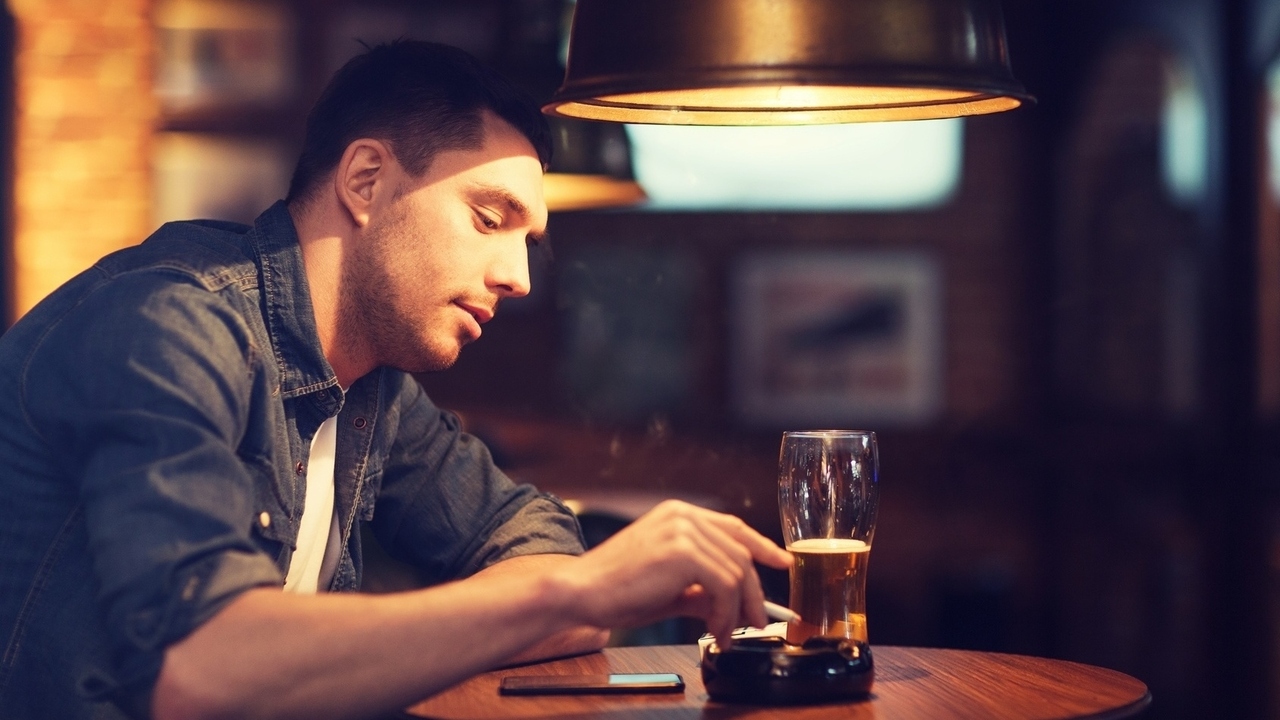
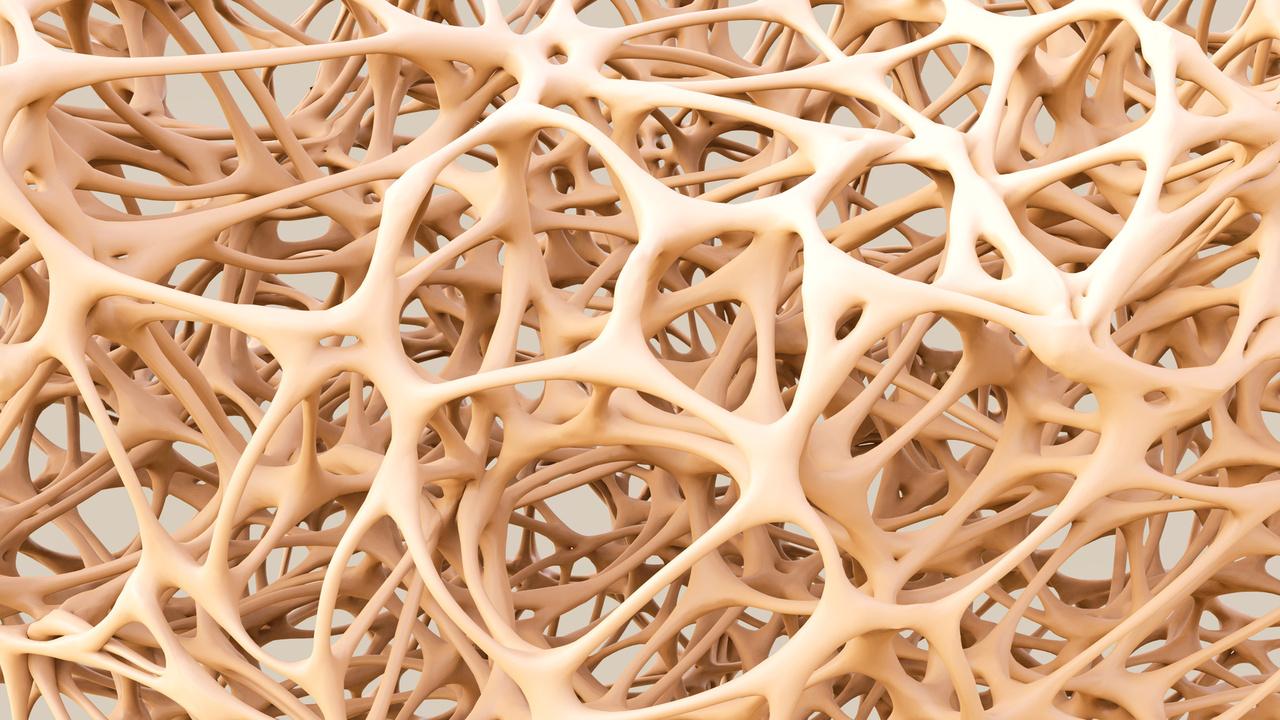
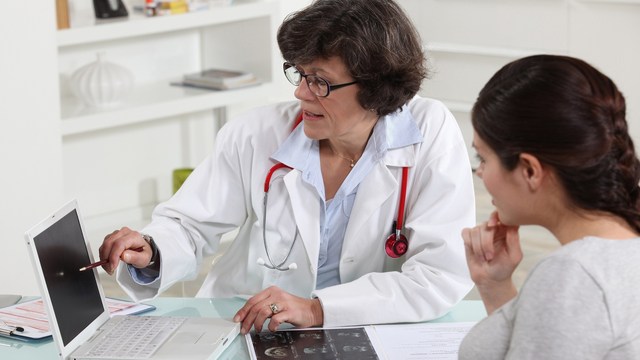
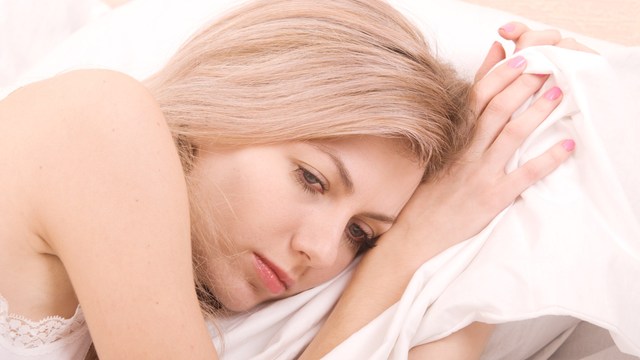
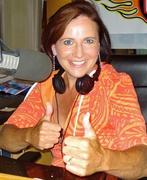

Add a CommentComments
There are no comments yet. Be the first one and get the conversation started!